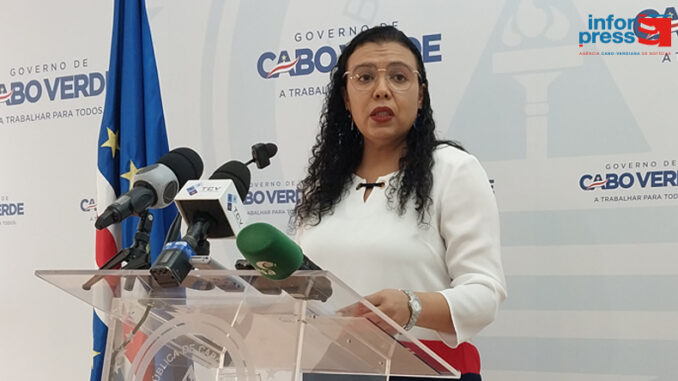
The Council of Ministers approved the draft resolution of the National Strategy for the Eradication of Extreme Poverty (ENEP) 2022 to 2026 and the draft resolution of the National Program for the Reception and (Re) Integration of Returned Migrants.
In a press conference in Praia, for the debriefing of the government meeting, the Minister of State and of the Presidency of the Council of Ministers and Parliamentary Affairs, Janine Lélis, stressed that 13.1% of the Cape Verdean population lives in extreme poverty and that the ENEP plan aims to combat and eliminate this situation by 2026.
“It’s a commitment assumed by the Government in the sense of eradicating extreme poverty by 2026, it’s a strategy that defines the necessary actions for the combat of extreme poverty that must be implemented in this horizon and that are already included in the Strategic Plan for Sustainable Development, which in fact is our economic development plan”.
According to the governor, current data points to the existence of 12,184 households living in extreme poverty and the goal is that by 2026 the country eradicates extreme poverty.
Janine Lélis informed that it is a program that will be done through the various policy factor measures, be it in the education process, be it in the capacity building and professional training process so that there can be an employability option for people when they return.
The minister pointed out the data from the Emigration and Borders Directorate, which in her reading point to “significant numbers”, and that this number is distributed over several years.
From 1992 to 2009, the data showed 986 cases of deportation, mostly from the US (50%), followed by other European countries such as Portugal, France, Spain, and the Netherlands. The data for the period from 2010 to 2015 showed 576 cases, this time mostly from Portugal.
Regarding the period from 2016 to 2022 the data from the Emigration and Borders Directorate indicated 343 cases. In total, the country currently registers 1250 repatriates, of which 1080 are male and 116 are female.
